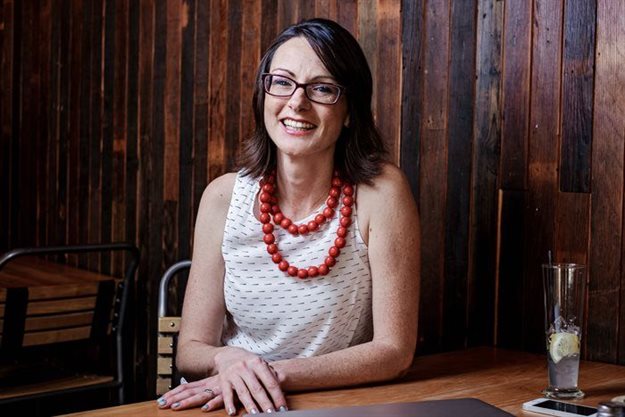
Related
Top stories






More news


Marketing & Media
Ads are coming to AI. Does that really have to be such a bad thing?














She says NPOs are the most critical providers of social support services to millions of South Africans during the pandemic – but the sector is under critical threat from the pandemic, as it faces an unprecedented demand for its services at the precise moment that its funding has slowed dramatically.
The reality is that ‘very little’ is being done for the NPO sector, which is at the core of the recovery efforts in our country, says Paschal. The Solidarity Fund is spending billions on prevention, detection and relief support, and the Department of Social Development is focused on relief work – but nobody is focused on the sustainability of NPOs.
“People think that NPOs are being supported, but they’re not. It is extremely difficult for NPOs to access funding for relief efforts, and next to impossible for them to access funding for their own sustainability at this time,” said Paschal.
Part of the problem is that as part of the sector’s perceived need for sustainability, NPOs have been expected to generate their own income. Before the pandemic, the best-performing NPOs in terms of fund-raising would typically self-generate between 40% and 80% of their funds.
“Right now, some can’t generate a cent. In effect, most of their income is gone, with little hope of accessing any relief,” said Paschal. “Perhaps the very thing we’ve been pushing for with NPOs all these years is actually proving to be their downfall.”
With NPOs directly involved in relief efforts with South Africa’s most vulnerable communities, it is vital that they should work with government, big business and broader society to create a framework for liquidity, risk and sustainability that is built around a diversified portfolio of income: a combination of self-generated, philanthropic, CSI, government, individual and foreign funding, says Paschal.
“If NPOs were an integral part of our society before, they’re even more critical now. Before Covid-19, children in disadvantaged areas had NPOs offering after-school facilities, food and a social safety net. NPOs were helping resolve family conflict and develop micro-enterprises; providing healthcare support and skills development; and addressing societal issues and producing outcomes that the government and the private sector could not achieve on their own.
“Who’s going to be there in nine to 12 months’ time to support the unemployed, assist with the increase in homeless people, and help children to cram 18 months’ work into a year? While everybody’s major focus right now is relief, we can’t be shortsighted, or ignore the problem,” says Paschal.